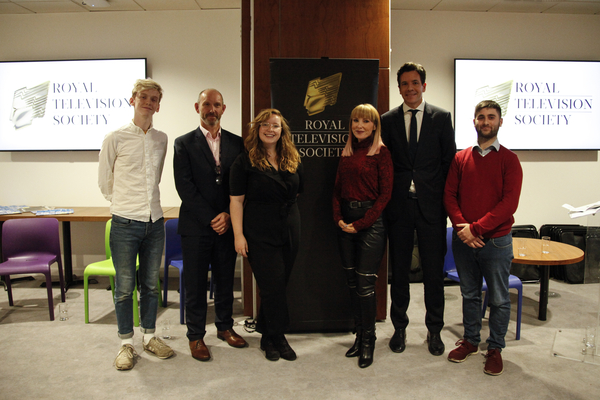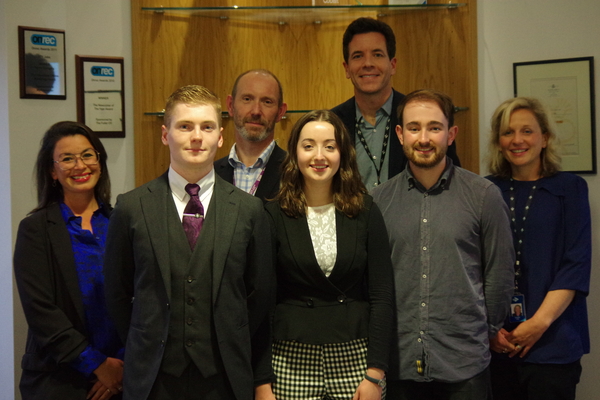RTS Scotland launched its 2020 student awards at STV Headquarters at the start of October
They included Sedona May Tubbs and Kieran Howe, who were part of the team from the Royal Conservatoire Scotland who won the Drama category with their film What Separates Us From the Beast.
Sedona said, “any students thinking about submitting their work should not be afraid and just submit and keep submitting”.
A similar message was echoed by Marco Di Gioia from the University of Stirling’s team that produced the Factual category winner, The Bad Guy.





